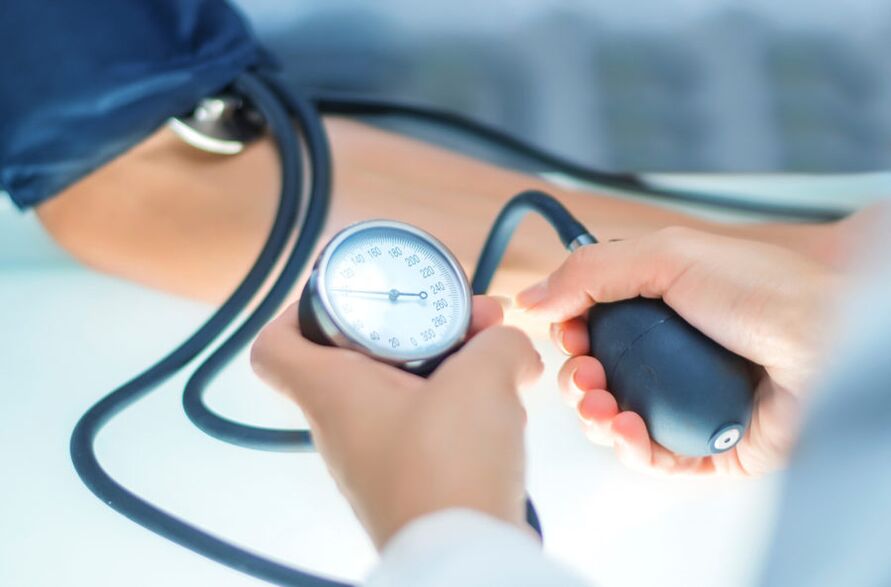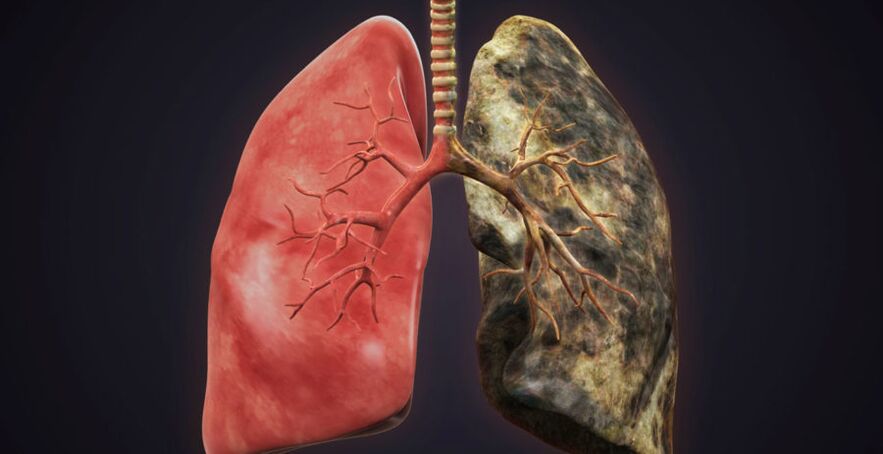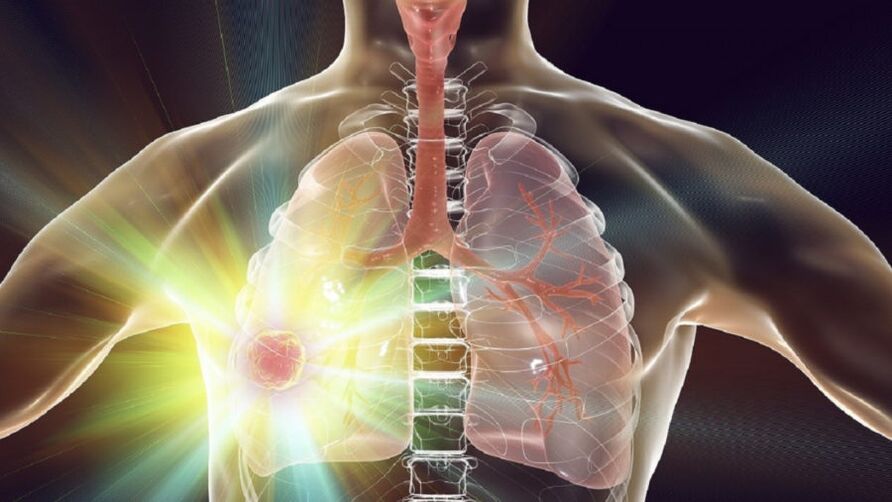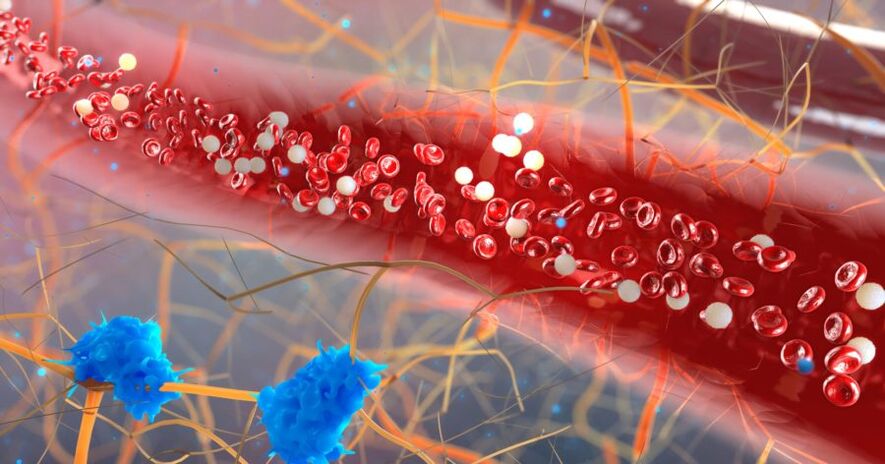Everyone has heard of the dangers of smoking, but the scary markings or pictures on cigarette packs do not cause a feverish rejection of the habit. Many people dare to say no to themselves even after 35 or 40 years of regular nicotine use. If you stop smoking, in addition to the health benefits, saving money will be a plus. And life will sparkle with new colors and new aromas.
Problems associated with giving up a bad habit
There is an opinion that if you suddenly stop smoking, the risk of dangerous diseases directly increases. Undoubtedly, cleansing the body will take time and require some effort on the part of a person.

But the most fundamental consequences for a man's body, and for women, are:
- Irritability, and sometimes even aggressiveness;
- The cough with which the resin comes out;
- The immune function decreases, depressed by the lack of nicotine;
- Fatigue and headaches can be caused by low blood sugar;
- In the first few months of the "seizure" of addiction, the likelihood of putting on extra pounds increases.
There is more than one table on the web that lists the benefits of quitting smoking for each organ. But on the whole, the experience of the habit, the age of the person and the organism formed individually play a role. Men improve faster than women. And if there were previously potency problems, within six months or a year, intimate life will become full. Avoiding cigarettes will help the body heal chronic illnesses over time.
Consequences per day
First day
The changes start to occur within the first few minutes after stopping nicotine. 20 minutes after smoking a cigarette, a person's pulse and blood pressure will improve. The temperature of the hands and feet rises by one degree, the work of red blood cells is normalized. Towards evening, the amount of carbon monoxide in the blood will decrease, which will contribute to the oxygen saturation of the body's cells.

Of course, an addict doesn't pay much attention to improvement. In my head obsessive thoughts of "lighting a cigarette" swirl, there is nervousness and anxiety. The majority of those who have quit the addiction experience disturbed sleep, decreased appetite, and even general weakness.
Second day
Signs of nicotine abstinence begin to appear. The production of mucus in the lungs is reduced, which helps the cilia to function. The damaged intestinal cells begin to regenerate.
Some people have more pronounced irritability, it is not easy to fall asleep. Shortness of breath and increased coughing appear, which pushes the accumulated resin out of the lungs. Taste changes or a lack of appetite are possible.
Day three
Eyelashes and bronchi begin to regenerate. Blood flow to the heart and brain increases and the tone of the blood vessels is normalized. The taste buds become sharper, so there is a risk of getting fat.

Decreases physical dependence on nicotine at the cellular level. But the psychological state is worsened - as before, it is tempting to "rise" under the usual conditions. For some, this day will seem emotionally difficult. Heartburn or tinnitus can occur. The dream is still disturbing.
Day four
Restoration processes in the stomach continue. Bronchial secretion is stabilized, the tone of the bronchi gradually begins to decrease. The lungs are cleaned and blood flow to the brain returns to normal.
The behavior becomes distracted, the mood suddenly changes from happy to depressed. But the psychological state gradually begins to stabilize, aggressiveness and irritability decrease.
Day 5
In remote parts of the bronchopulmonary system, cleansing occurs. The intestines are at the stage of normalization of labor. Vascular tone becomes habitual for the body. Thick, dark mucus secreted by coughing.

The probability of failure is still high. Pride for the time that has lasted is replaced by treacherous thoughts about lighting a cigarette. Don't give in, but rule out annoying factors instead.
Sixth day
This day marks the emergence of new white blood cells that do not contain nicotine. These are all types of white blood cells that detoxify bacteria. More mucus is secreted from the lower parts of the lungs, the function of cilia in the bronchi is normalized. Excessive sweating is possible, and there is also a desire to drink often.
Psychological disorders return, tearing can appear in women. Of course, a die-hard smoker thinks in his head, "Well, well done, he held it up, he proved it. And now you can relax with a cigarette and a coffee, so to speak. But anything is possible and don't forget the work the body does, vigorously removing toxins accumulated over the years from every cell.
A week without a cigarette
The full recovery process begins - the body is completely rebuilt to function without addiction to nicotine. The creation of new cells occurs in the gastrointestinal tract, but the secretion of organs is always increased. The lungs and the nervous system will be renewed the longest. A thick, dark sputum is always produced when coughing.

On this day, most people feel apathy and indifference. The urge to smoke persists, but we understand how much more difficult it is to endure a psychological dependence than a physical one. Fatty foods can cause heartburn and nausea, so you need to review your diet for a while.
Day eight
The taste and smell receptors are fully activated, which allows the food to acquire a normal taste. Regeneration continues in the lung tissue. There is still phlegm and mucus, and some have a lumpy feeling in the throat.
Physical withdrawal is much easier. Irritation, obvious aggression subsides, but the psychological attachment remains. It is expressed by a change of mood, sadness, short sleep.
Day nine
The production of essential enzymes in the stomach returns to normal. The long-term recovery process of the lining of the gastrointestinal tract and respiratory tract continues. Elements of blood come to normal work. Most ex-smokers are irritated by the smell of tobacco.

Appetite increases, manifestations of diarrhea and constipation are possible due to regeneration of the mucous membrane. The state of indifference persists due to the lack of basic recreation. Failures during this period may be due to an external stimulus. Therefore, it is better not to be among the clouds of smoke with a renewed sense of smell.
Tenth day
The vessels and lungs will continue to cleanse for the first six months. And with experienced smokers, it is possible for longer. At the same time, the process of restoring immunity begins. The cough continues.
When coughing, lumps come out with a strange smell. These are dead eyelashes, in the midst of the resin buildup. Some doctors recommend at this time to do fluorography or consult an ENT to rule out pathology. The risk of smoking increases in smokers. Thoughts become less intrusive.
Day eleven
In the second half of nicotine rejection, the activity of the small vessels that carry arterial blood is stabilized. Stopping smoking has an effect on the metabolism, so you can get better. In order not to have to lose weight, it is better to control the weight and the amount of food eaten.

As the flow of oxygen to the brain increases with each passing day, dizziness is likely. Women can become whiny and men can be aggressive. The urge to smoke increases the urge to check "like it or not".
Day twelve
The second regenerated white blood cells are already forming, participating in the body's defense against viruses. People who quit a bad habit before the age of 30 notice a change in skin color. Gradually, the cough subsides, and bowel function is almost restored.
The psychological state is now depressed. Temporarily, it is best to avoid irritating odors and continue to quit nicotine.
Day thirteen
Skin cells regenerate dynamically. The upper layer still contains traces of the addiction, but the lower layer begins to form again. The vascular tone remains unstable.

The desire to smoke is motivated more by interest than habit. The mood is always depressed, because the nervous system is always impaired.
Two weeks without nicotine
Restoration of the endothelium, the inner layer that covers the walls of blood vessels, begins. Scarring of the bronchial mucosa at the stage of completion. The complexion continues to improve, the yellow soot on the fingers fades. Violations are manifested in the form of weakness and drowsiness. For some, this day becomes a turning point. Someone is coming back to the smokers ranks again.
One month without a cigarette or more
During the first month, the face takes on a healthy appearance, the cough with sputum discharge decreases. Due to the fact that the brain gradually gets used to the supply of oxygen, dizziness and drops in blood pressure can occur. Epithelial cells renew themselves, helping to form new cells.

The first month is psychologically stressful. You should try not to focus on the number of tobacco-free days. You can monitor your body, help it with vitamins, because immunity wanes in the first few weeks. Second-hand smoke should be avoided. For all efforts, the body will impart invaluable health.
In the second and third months, the yellowing of the face noticeably disappears. Tobacco addiction gradually decreases. The lungs always clear, and phlegm is produced with a cough. Dry throat can be troubling. Sudden dizziness and pressure surges disappear. Sleep improves and taste buds increase appetite.
In six months, the work of internal organs will change, regeneration of individual liver cells will take place, which will last about six more months. The purified and oxygenated blood circulates in the blood vessels. Stable work of the gastrointestinal tract will help you lose weight with proper nutrition.
Phlegm no longer has a dark color and may stop standing out altogether. Most people find it easier to breathe. This is because the lungs increase in size during this time. The urge to smoke occurs superficially, then with certain associations.

A year later, the vocal cords will change, all receptors will be completely restored. The world will be filled with luminous aromas. Many have an increased sense of smell, distinguishing between subtle smells. The likelihood of tooth decay will decrease, and the tooth enamel will gradually thin out. The risk of lung and liver cancer is reduced by 80%, that of the esophagus and stomach by more than 60%, and lip cancer is completely ruled out. To speed up all the positive aspects, it is worth quitting smoking today.























